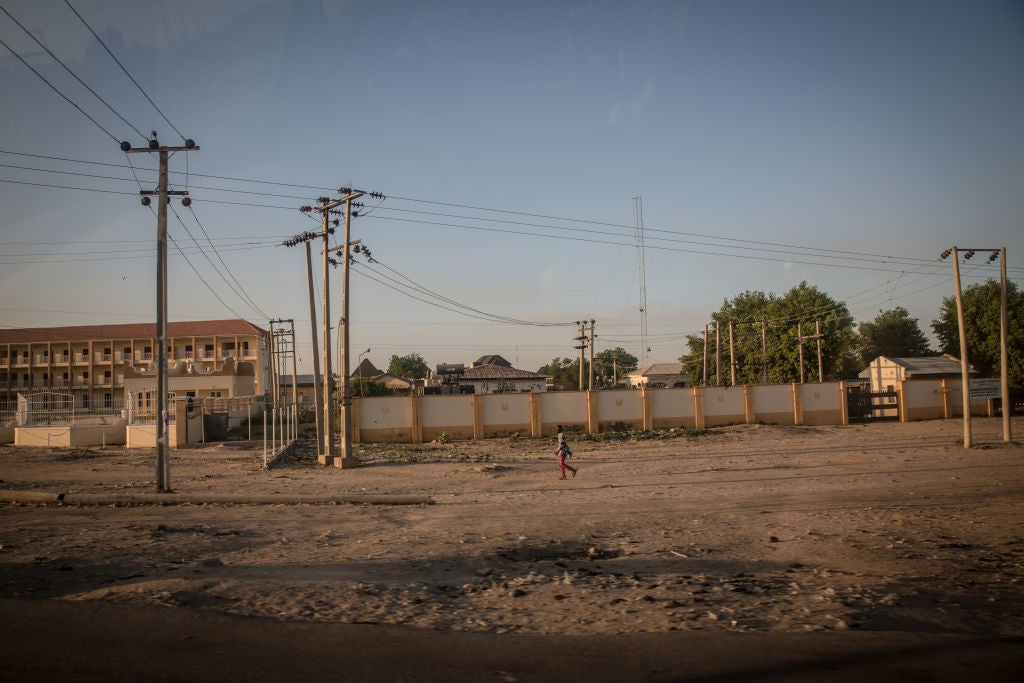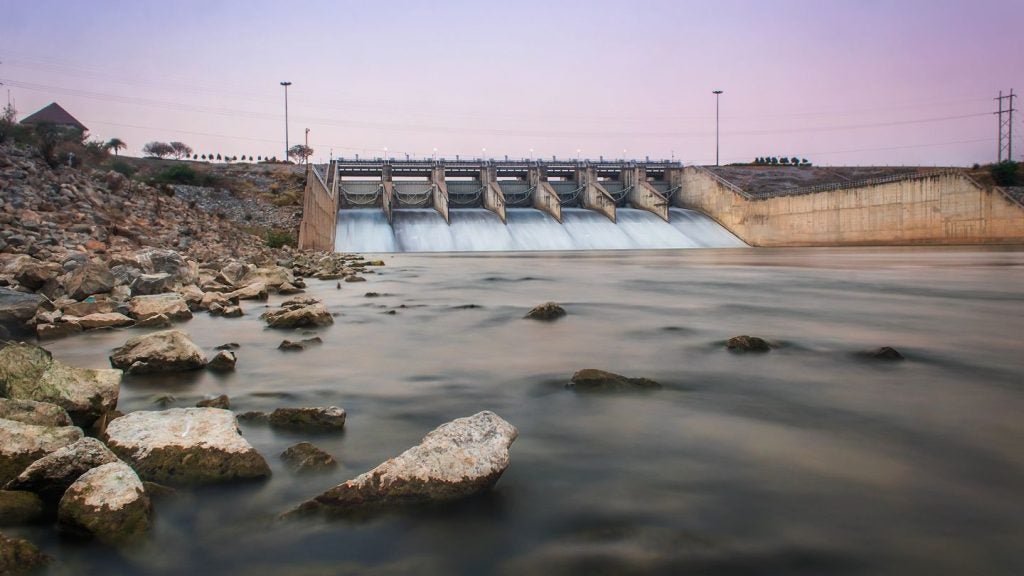Nigeria has been plunged into a blackout after power output plummeted by 93.5% in the early hours of Thursday morning local time, falling to a total output of just 273MW, down from approximately 4.2GW recorded on Monday.
According to national newspaper Vanguard, the near-total blackout across the country follows a complete system collapse, due to either system failure or grid disturbance.
Power generation fell to zero megawatts at one point on Thursday morning, although small amounts of capacity have come back online since, BBC News reports,
Data from the Nigeria Electricity System Operator, an arm of Nigeria’s state-owned utility Transmission Company of Nigeria (TCN), shows that the Afam VI and Ibom Power power plants generated just 0.7MW and 32.9MW, respectively, for the morning, while the Olorunsogo power station generated no electrical output. The Jebba and Dadin Kowa hydroelectric plants generated 240MW and 0MW of electricity respectively.
An anonymous industry official told Vanguard: “The grid has been very unstable for days before the latest system collapse. As we speak, there is blackout.”
Power generation in the country dropped on Tuesday by 59%, down to 1.7GW, due to grid instability.
Reports say that many households and businesses are currently generating their own independent power from diesel and petrol at significantly increased costs, principally due to the high prices of fuel in the country that have persisted throughout the summer.
Minister of Power Adebayo Adelabu has promised citizens that they will see improved power supply across the nation within the year, although a time frame for grid upgrades was not given.
Speaking at a recent reception, he said: “We know it is not something that is achievable overnight, but we believe that once the foundation is laid, others can also build on it. I can tell you that between six months and one year, we will start seeing improvement in the power sector.”
Nigeria has experienced grid instability several times in recent years. In 2022, the national grid collapsed at least four times, which authorities blamed on technological issues at the time.















